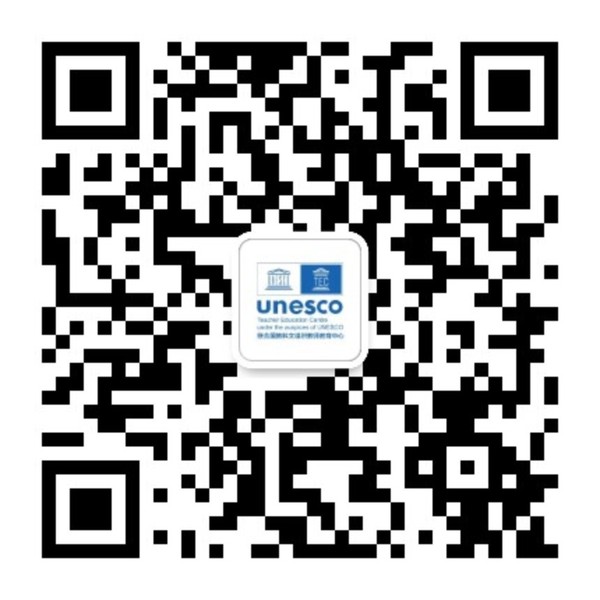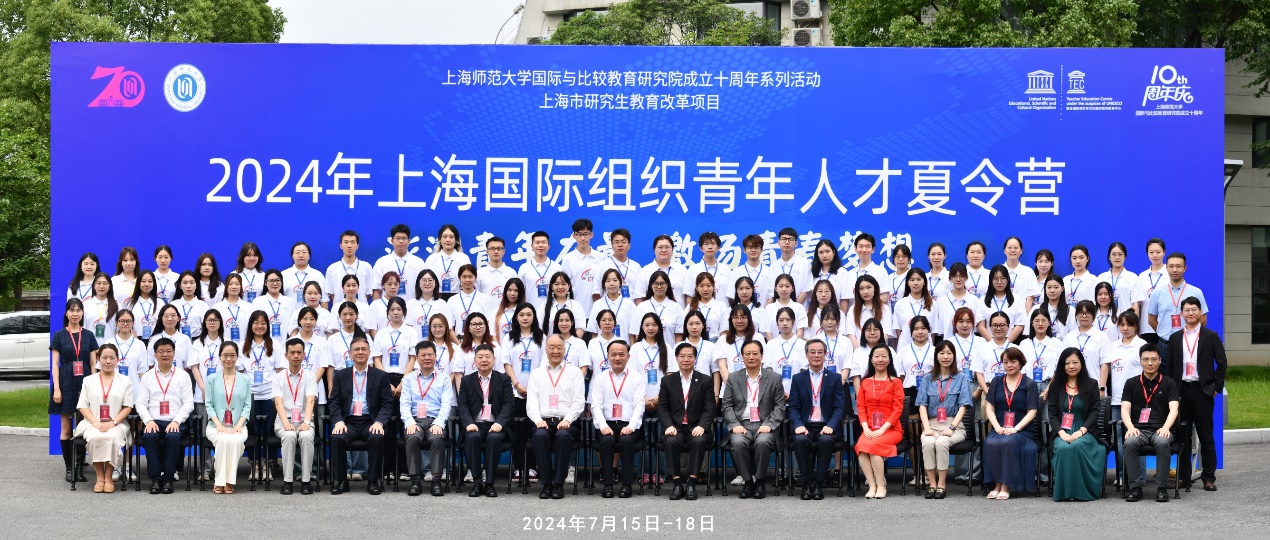
On the morning of July 15, the opening ceremony of the Shanghai International Organization Youth Talent Summer Camp was officially launched. After multiple rounds of selection, over 70 outstanding participants from universities at home and abroad gathered at the UNESCO Teacher Education Centre (TEC) to embark on a journey of growth together. The summer camp aims to cultivate young talents with an international perspective and professional capabilities, contributing Chinese wisdom to advancing global governance and building a community with a shared future for mankind.
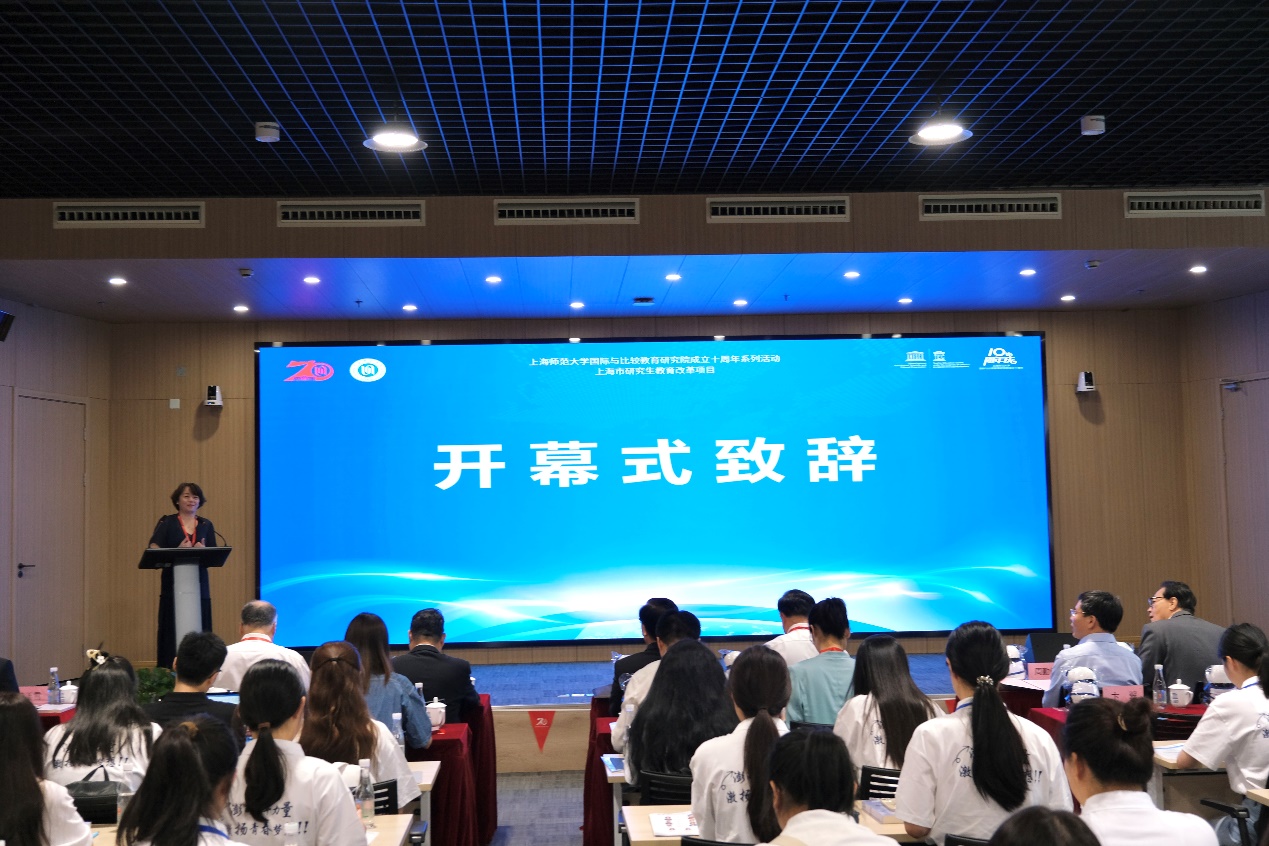
Wang Jie, Vice Dean of the RIICE, presided over the opening ceremony. Jiang Mingjun, Vice President of Shanghai Normal University, delivered a welcome speech. He noted that in recent years, Shanghai Normal University has achieved remarkable results in cultivating talents for international organizations. The summer camp provides students with rich learning resources and high-quality teaching services, and he hoped that students would deeply experience the charm of international organizations and enhance their professional abilities and comprehensive qualities.

Mr. Zhou Qinjian, Director of the International Exchange Division of the Shanghai Municipal Education Commission, reviewed the establishment and development goals of the International STEM Education Research Institute. He pointed out that facing changes unseen in a century, Shanghai is committed to cultivating reserve talents for international organizations, and he hoped that through the summer camp, students would deepen their understanding of international organizations and inspire their enthusiasm for serving in them in the future.
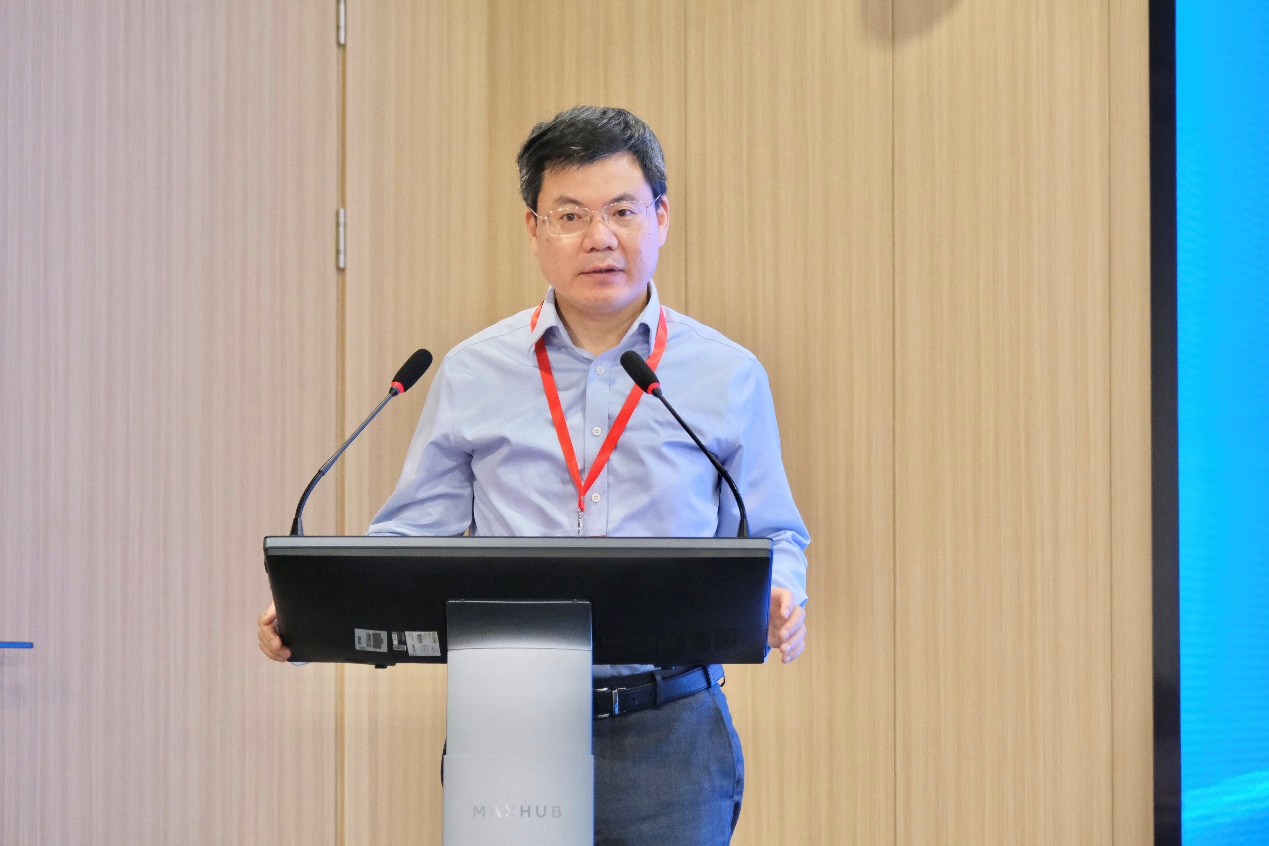
Mr. Liu Jun, Deputy Director of the Higher Education Division of the Shanghai Municipal Education Commission, stated that as a pioneer in higher education, Shanghai is aligning with the talent needs of international organizations to cultivate young talents with international competitiveness. He emphasized that talents for international organizations need interdisciplinary knowledge, and he hoped that students would integrate theoretical learning with practice to contribute on the international stage.

Zhang Minxuan, Director of the UNESCO Teacher Education Centre, introduced the four missions and functions of the Category 2 Centre, shared the Centre’s cooperation projects and practices with international organizations in recent years, and expressed expectation that students would broaden their horizons through the summer camp to support global educational development.
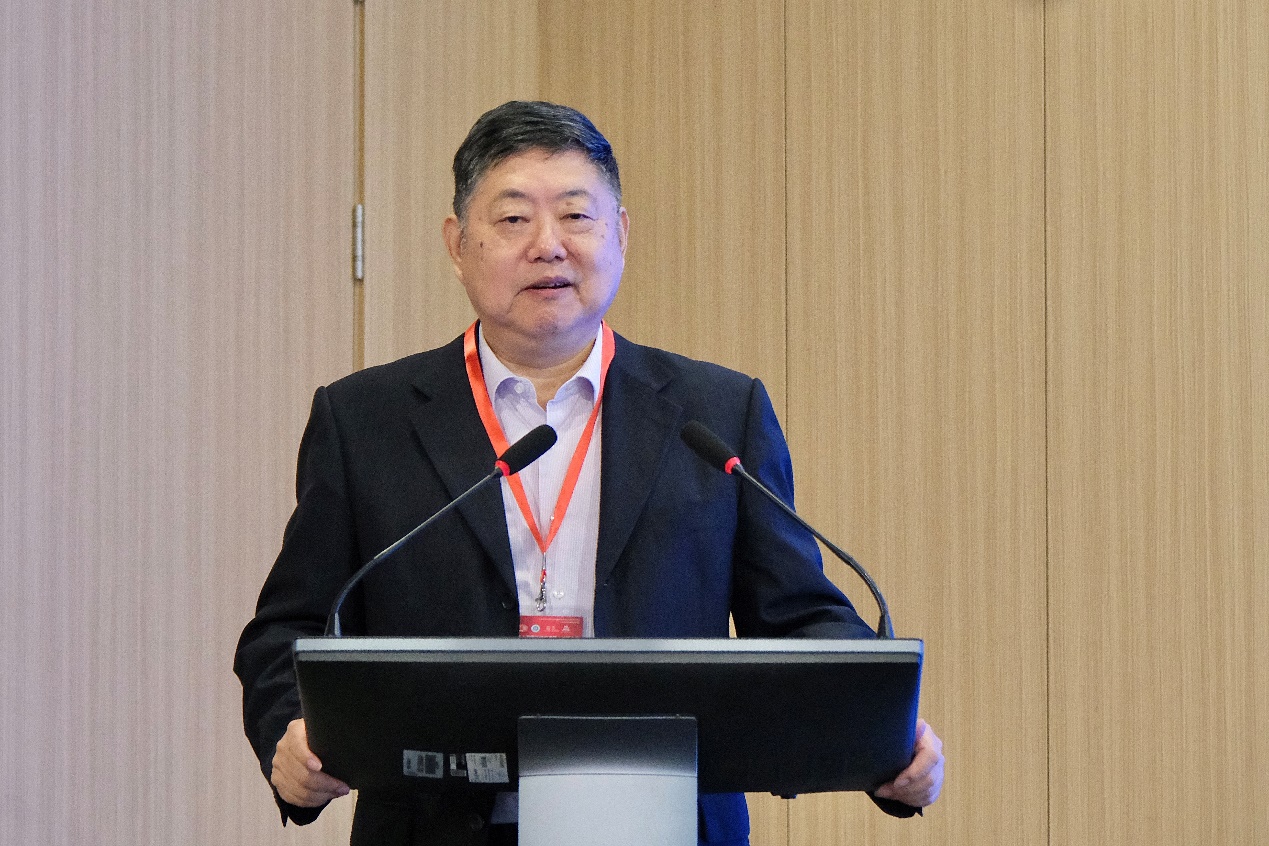
Finally, Huang Yingfei, a master’s student from Communication University of China, spoke as a student representative, sharing her internship experience at the UN Headquarters in New York.
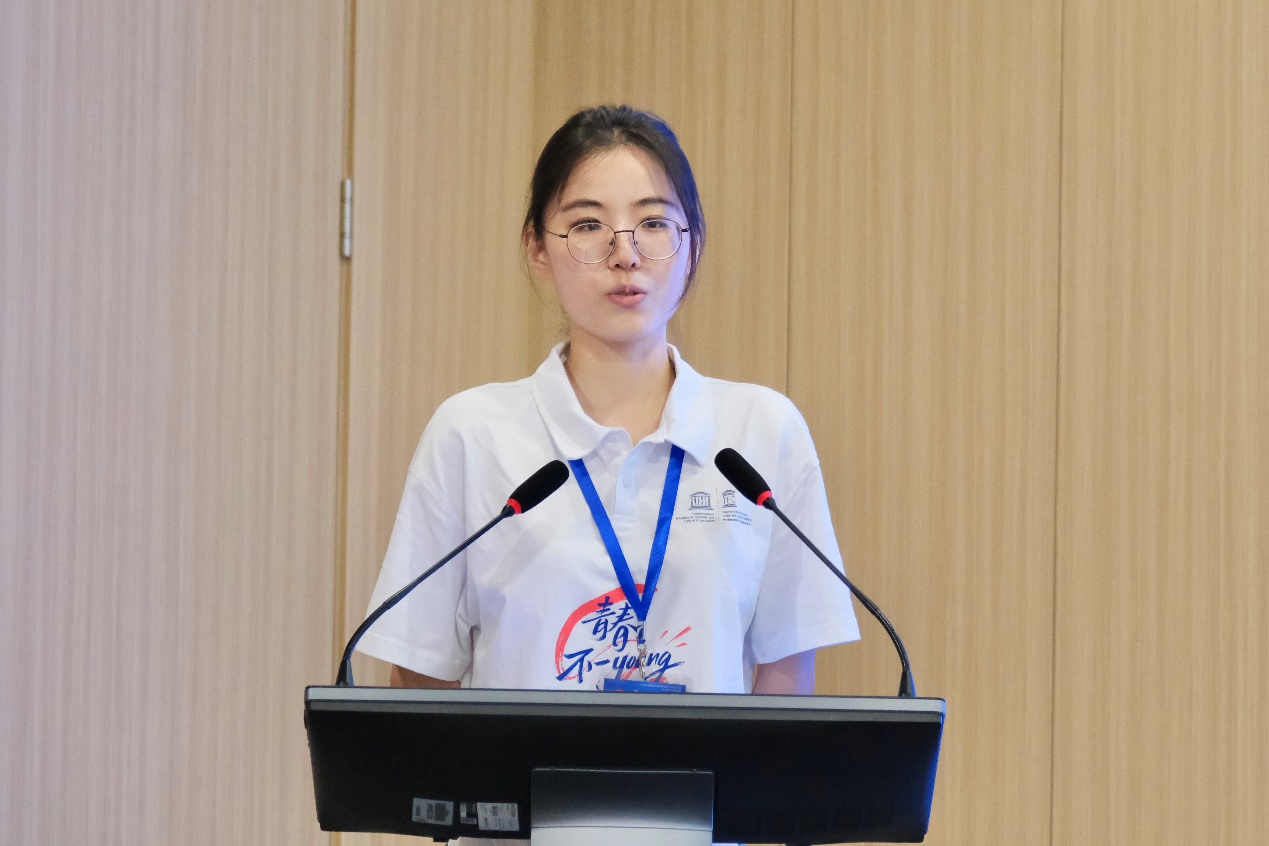
Guests attending the opening ceremony included He Changchui, former Deputy Director-General of the Food and Agriculture Organization (FAO); Yang Jin, former Ambassador and Permanent Representative of China to UNESCO; Xue Yuxue, former Director of the UN Development Programme (UNDP) Country Offices in Afghanistan and Indonesia; Zhang Shuanggu, former Minister-Counsellor and Deputy Permanent Representative of China to UNESCO; Zhang Guihong, Director of the Centre for UN and International Organization Studies at Fudan University; Zhu Haobing, Vice Dean of the Graduate School of Shanghai Normal University; Wei Feng, Vice Dean of the School of Education; Zhu Ying, Deputy Secretary of the Party Committee of the School of Education; and Song Jia, Secretary of the Party Branch of the RIICE.
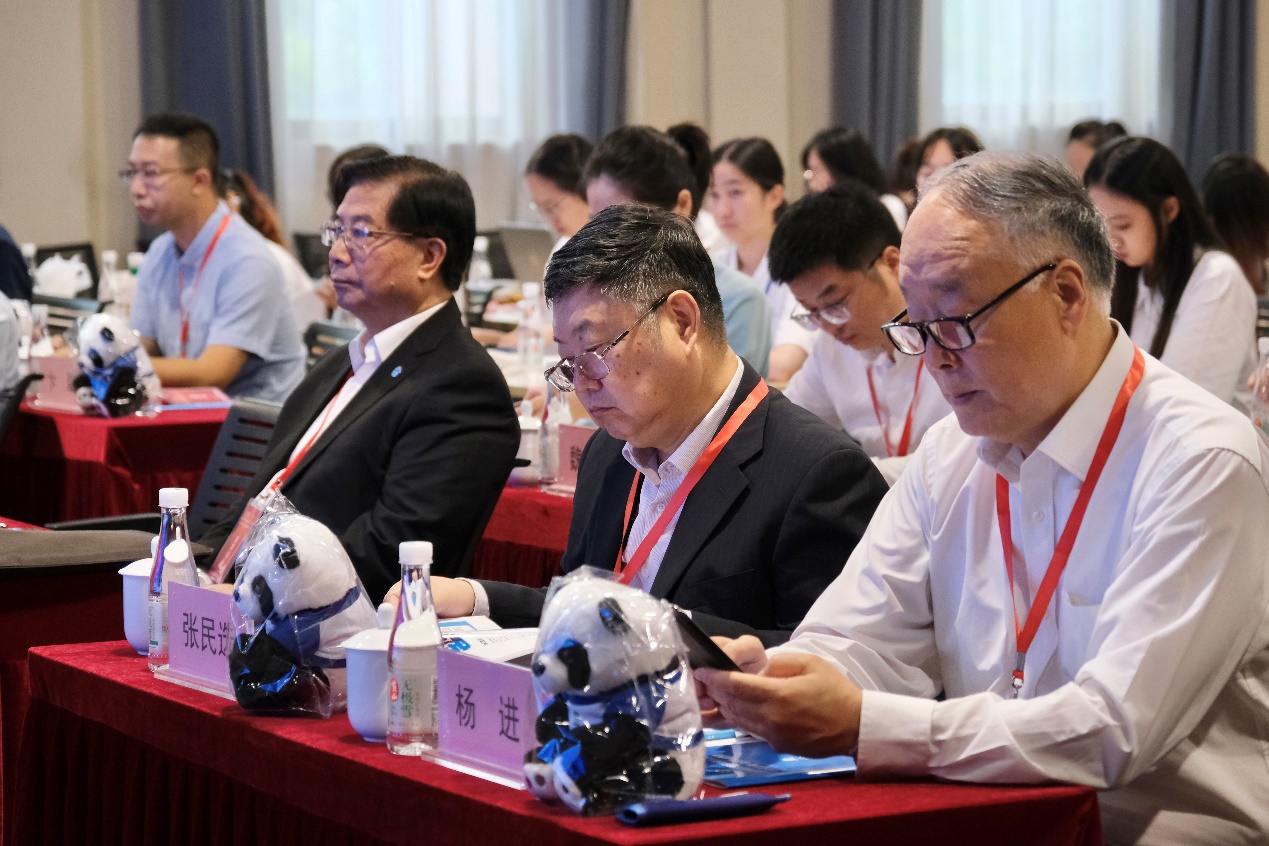
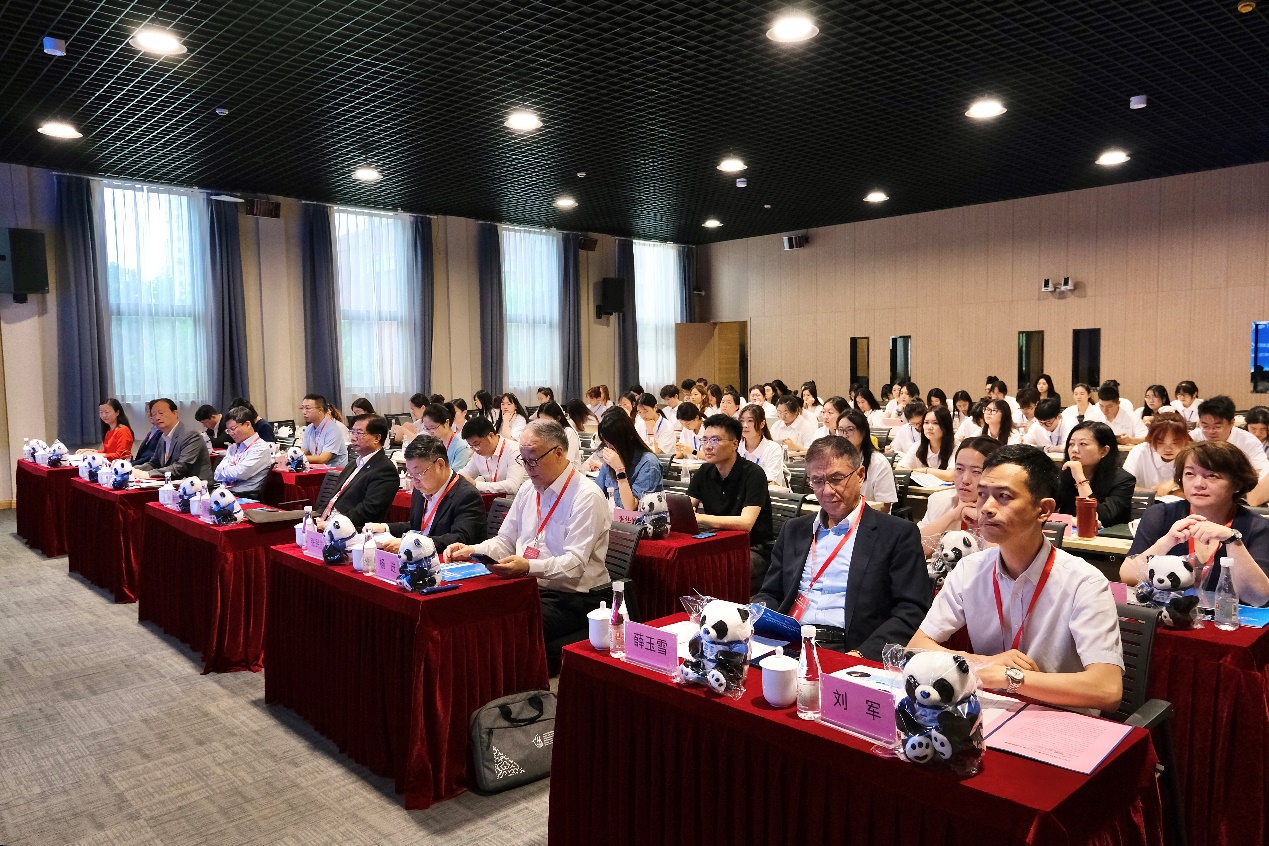
After the opening ceremony, Yang Jin, former Ambassador and Permanent Representative of China to UNESCO, delivered a keynote speech titled Global Governance and the International Development Path for Contemporary Youth. Drawing on his rich diplomatic experience and profound academic attainments, Professor Yang vividly elaborated on the role of the UN-centered international system in global governance. He specifically took UNESCO and UNICEF as examples to analyze in detail the important status of these international institutions in global governance. Meanwhile, he thoroughly discussed the capabilities required by international organizations for talents and put forward cultivation strategies and specific methods targeting the international competitiveness of modern Chinese youth.
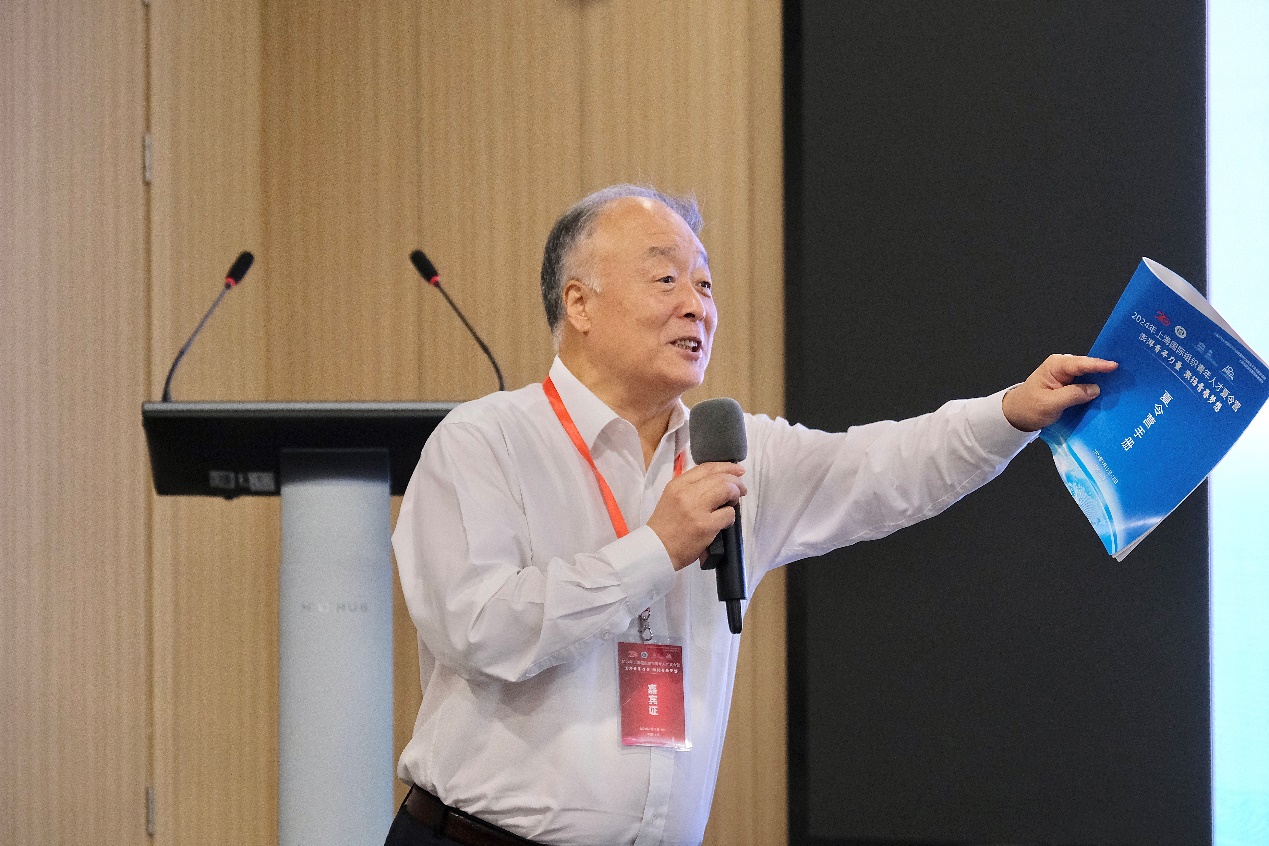
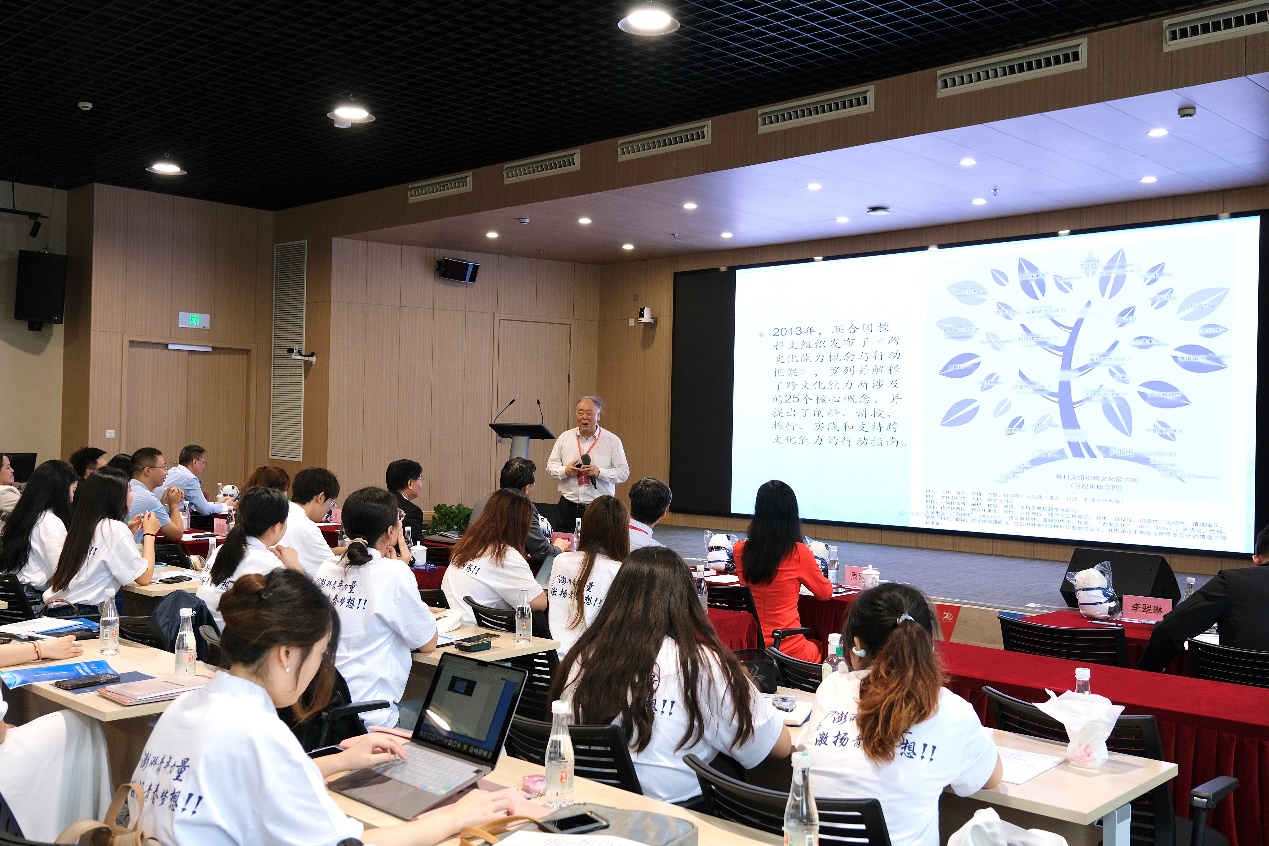
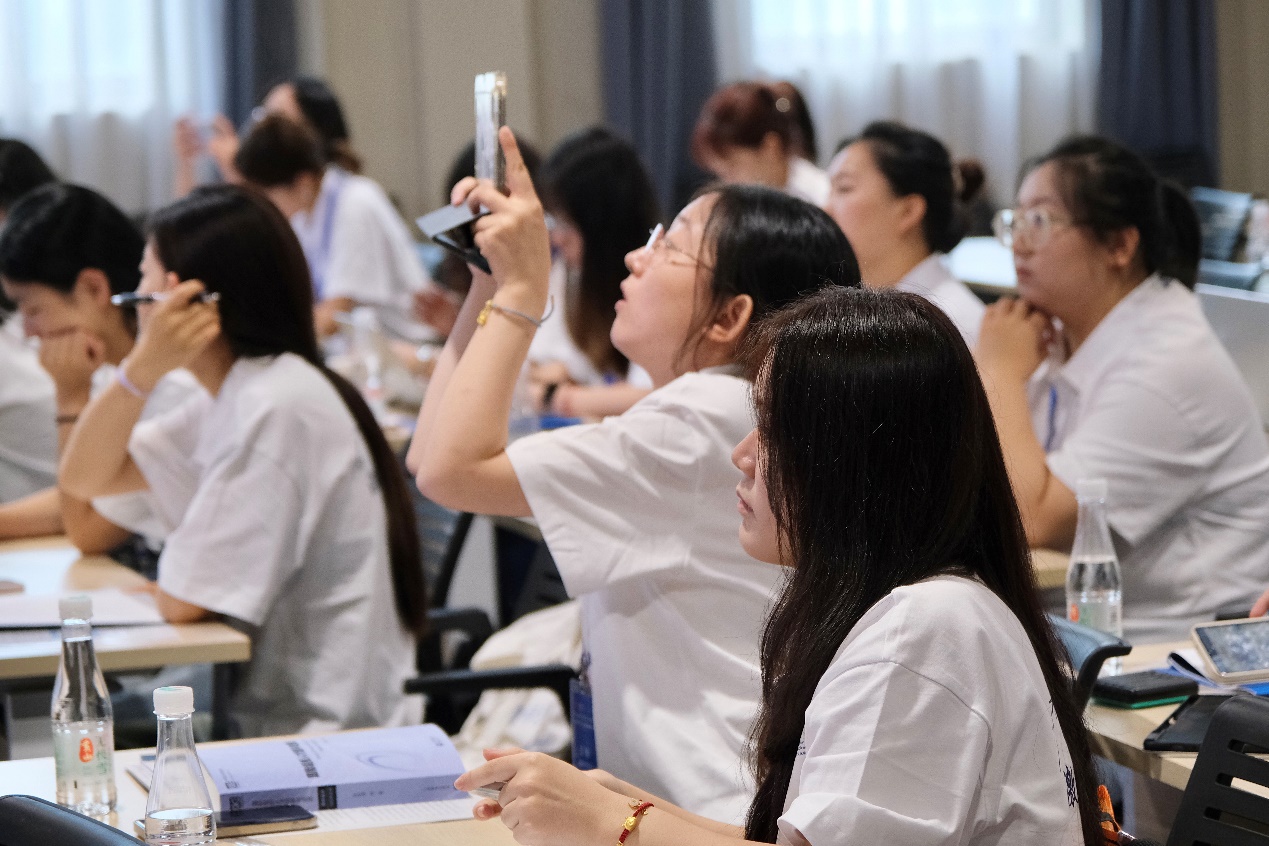

In the afternoon, Professor Zhang Minxuan, Director of the UNESCO Teacher Education Centre, conducted an in-depth analysis of the challenges amid changes unseen in a century, compared the strategies for cultivating international organization talents in five countries, and proposed that China should cultivate international organization talents with triple integration capabilities. He also suggested establishing relevant master’s and doctoral programs, encouraging young people to work in difficult areas, and urging institutions to actively participate in talent cultivation, providing clear ideas and feasible suggestions for China’s long-term development on the international stage.
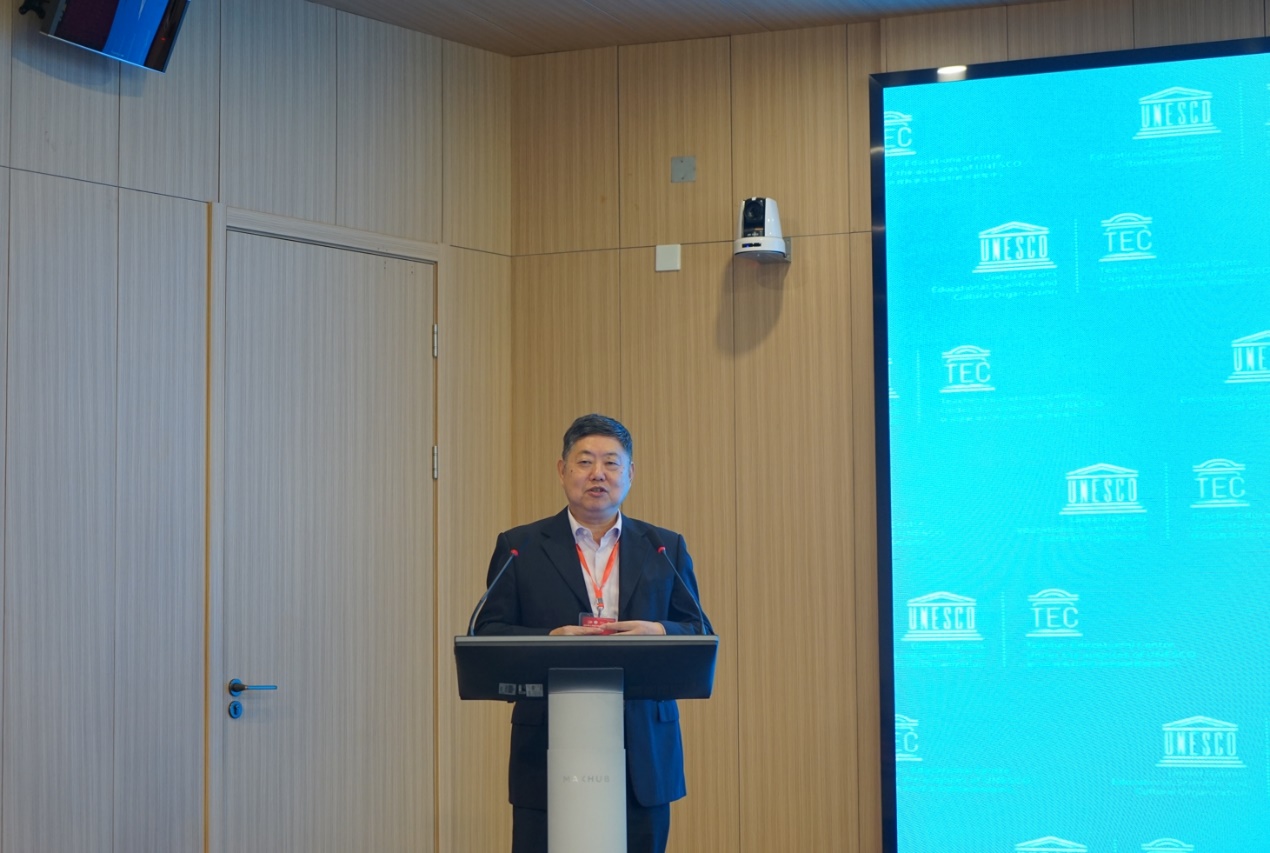

Professor Zhang Guihong, Director of the Centre for UN and International Organization Studies at the Institute of International Studies, Fudan University, affectionately reviewed New China’s diplomatic history since its return to the UN in 1971 through five stories about China and the UN, including China’s participation in UN peacekeeping operations, China’s contributions and donations to the UN, and stories of Chinese officials and staff in the UN. He analyzed the evolving relationship between China and the UN in historical progress.
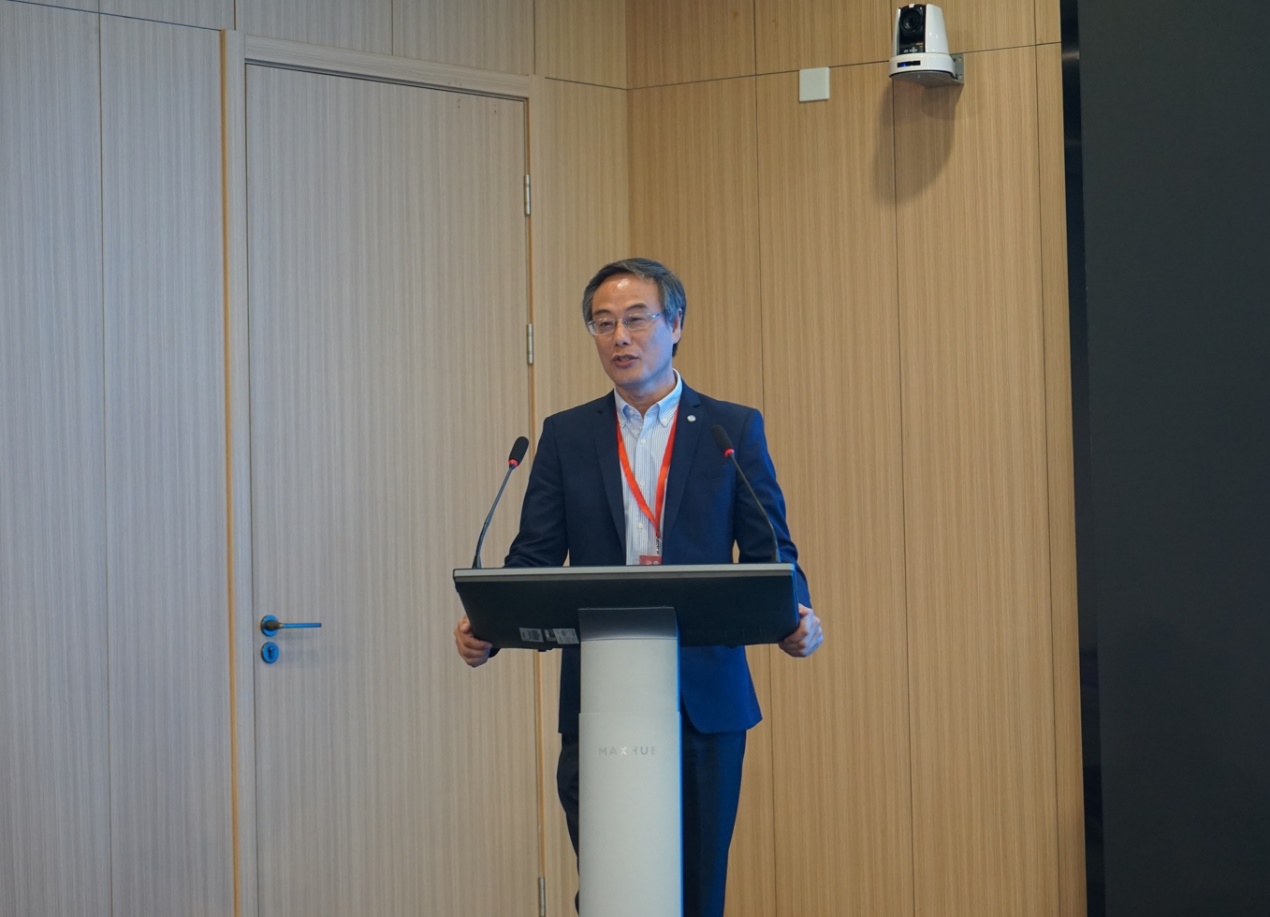
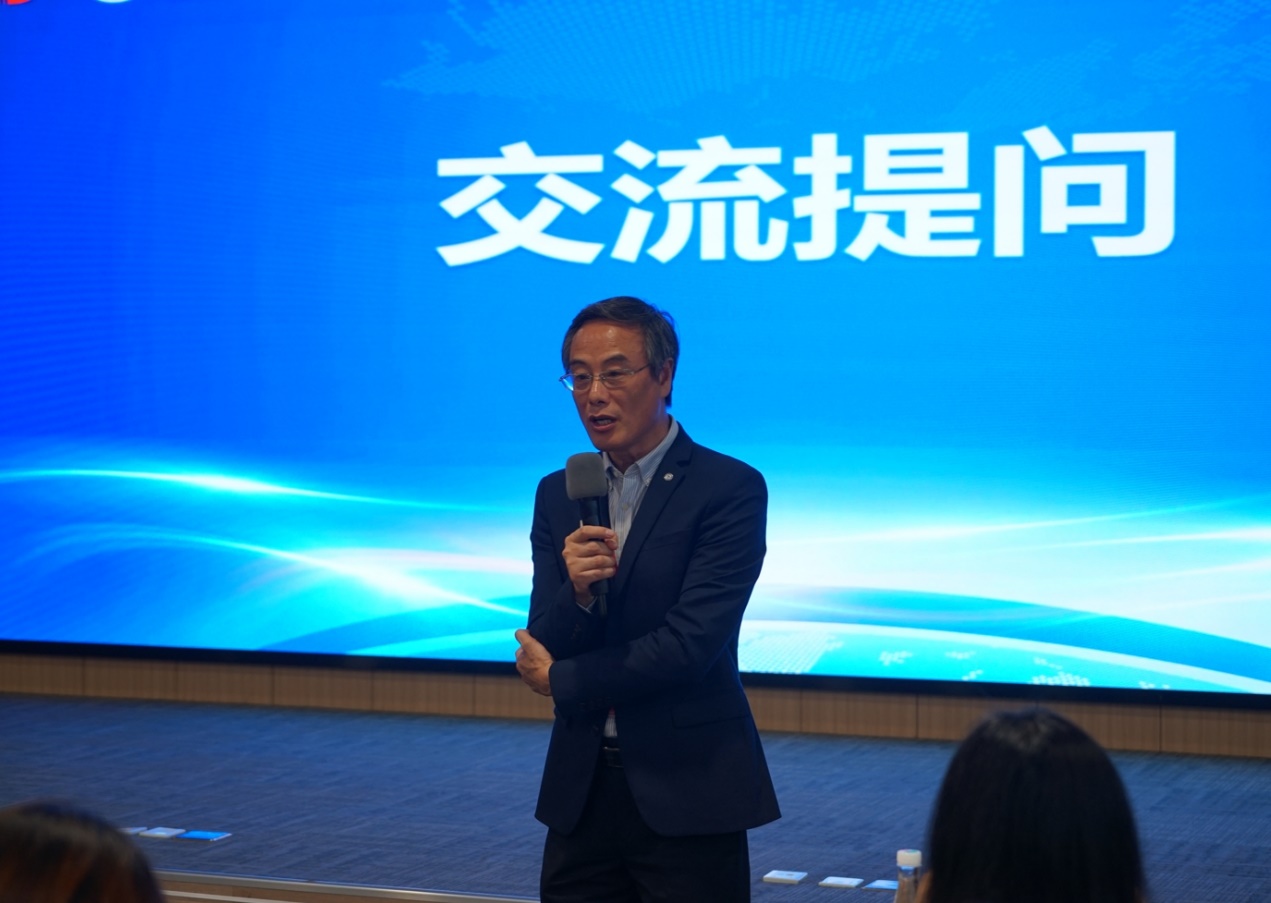
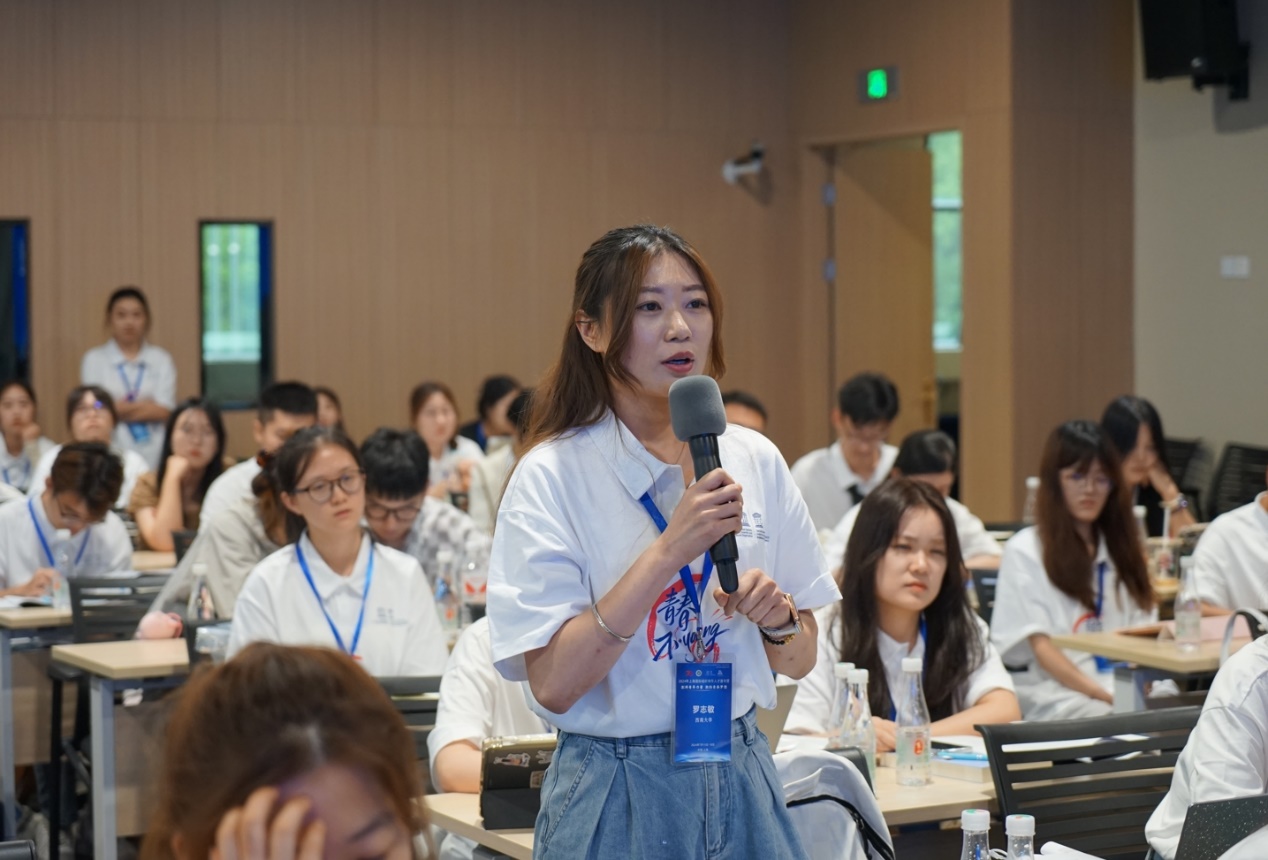
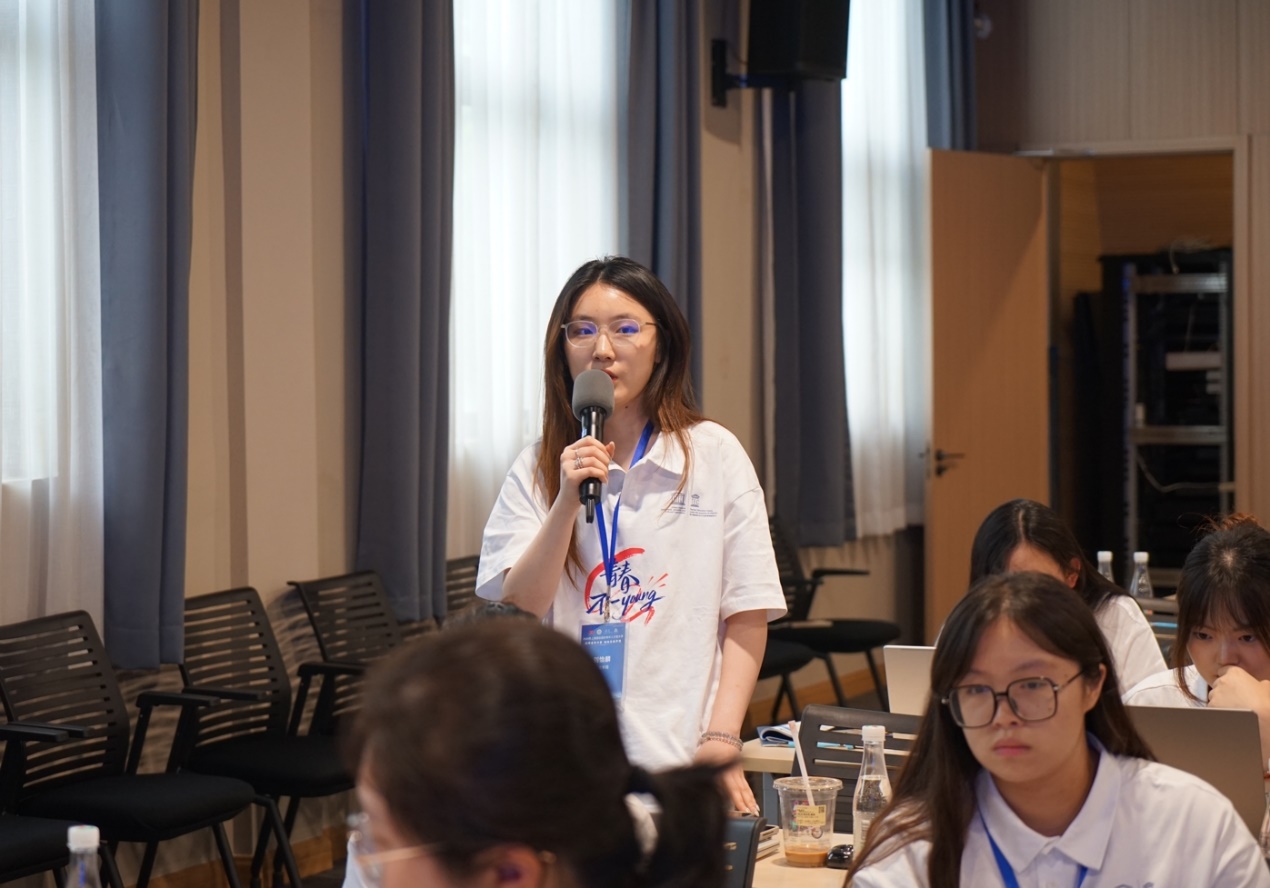
After the keynote lectures, students conducted lively group discussions around the summer camp’s research theme My Portrait of the 'International STEM Research Institute'. Based on their professional backgrounds and interests, they initially completed task division and successfully elected group leaders, laying a solid foundation for subsequent research work during the camp.




